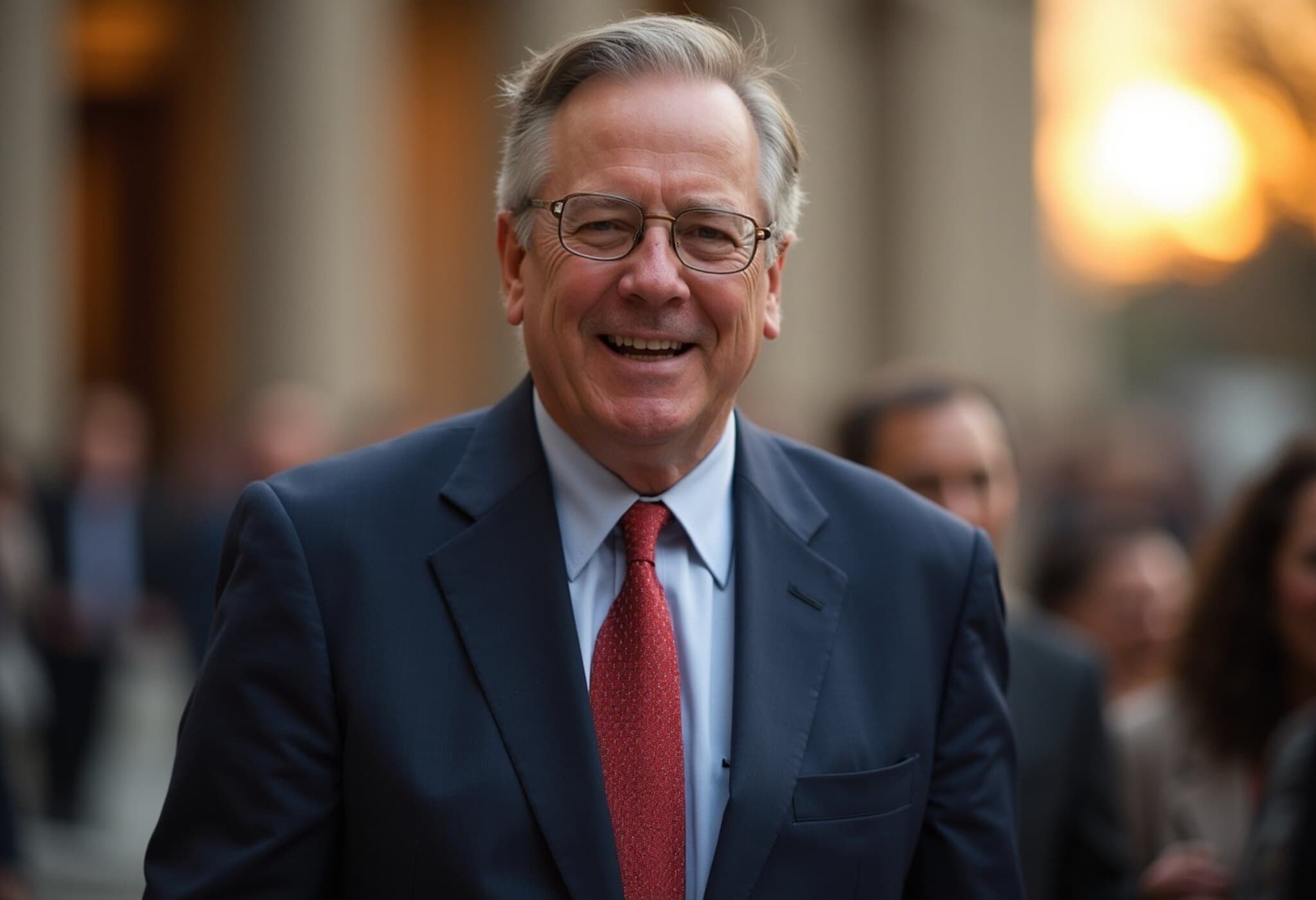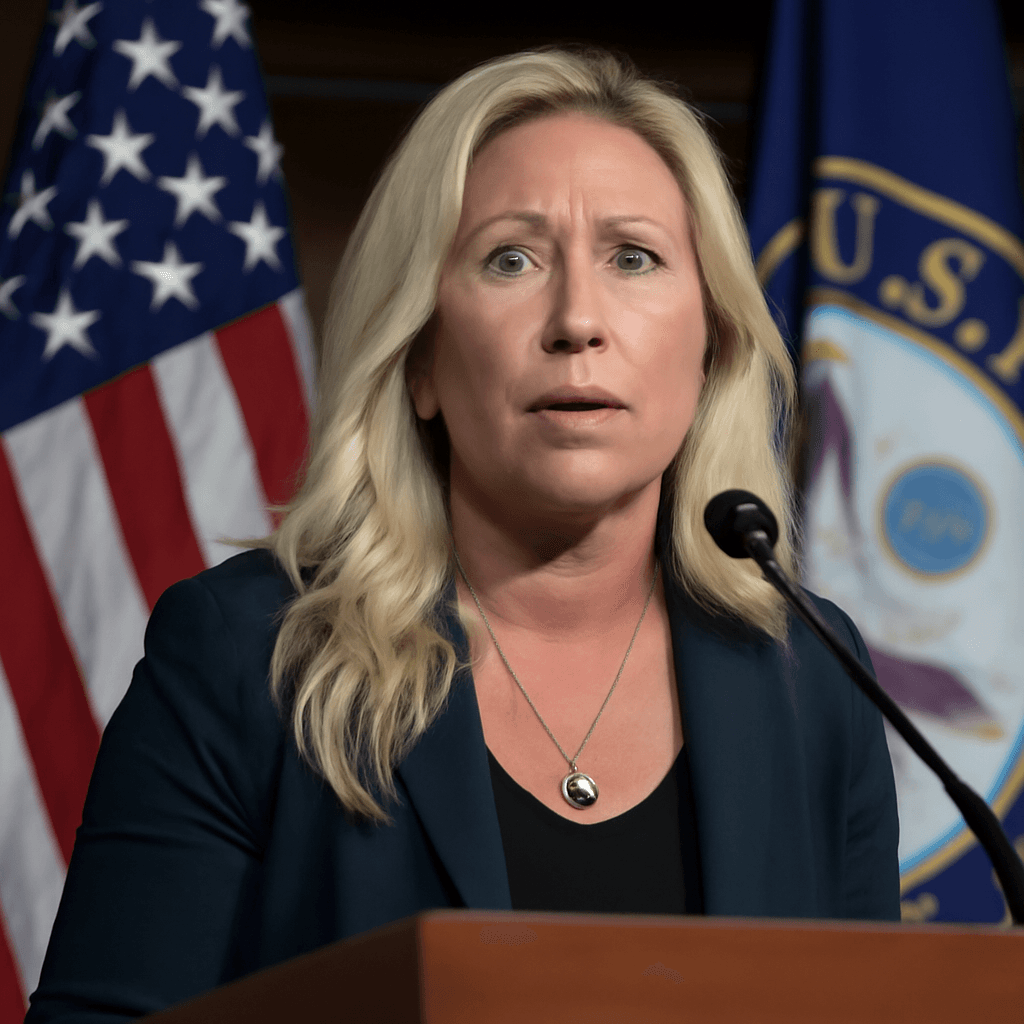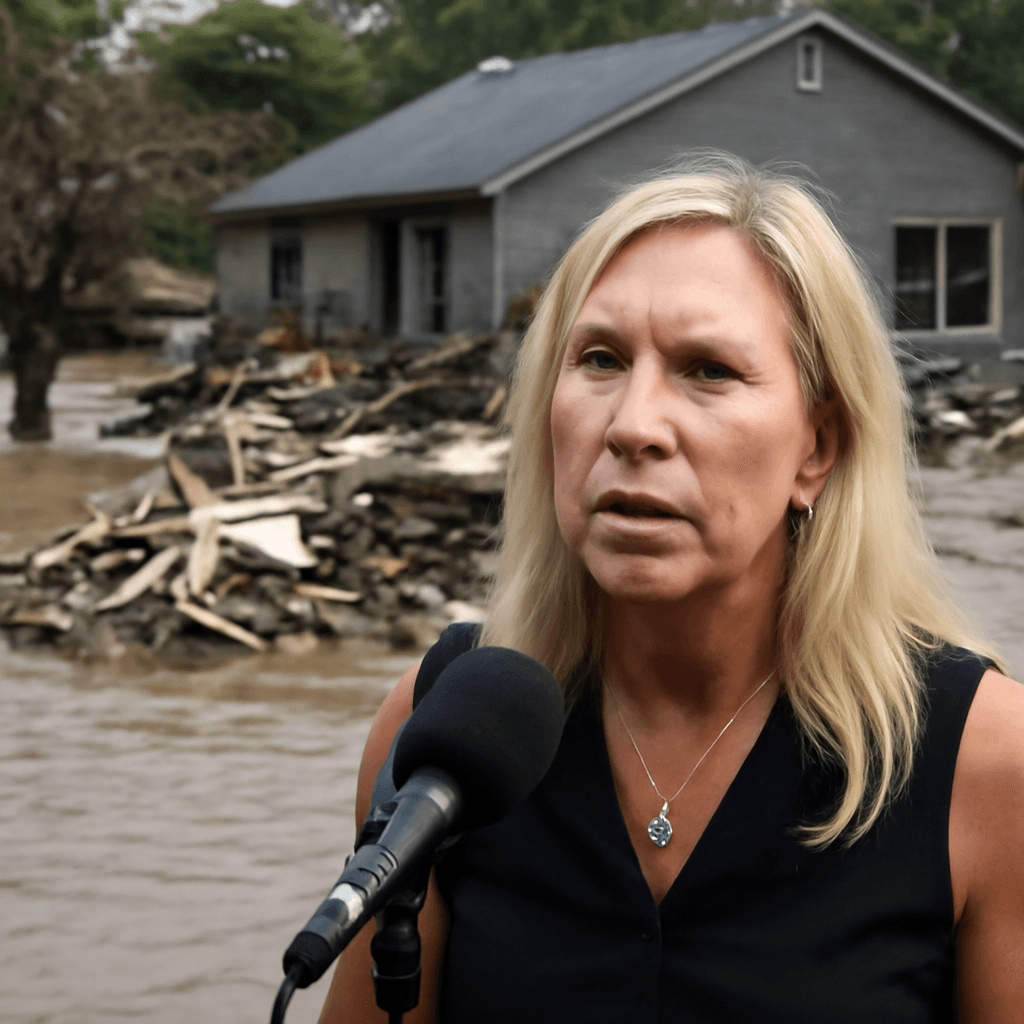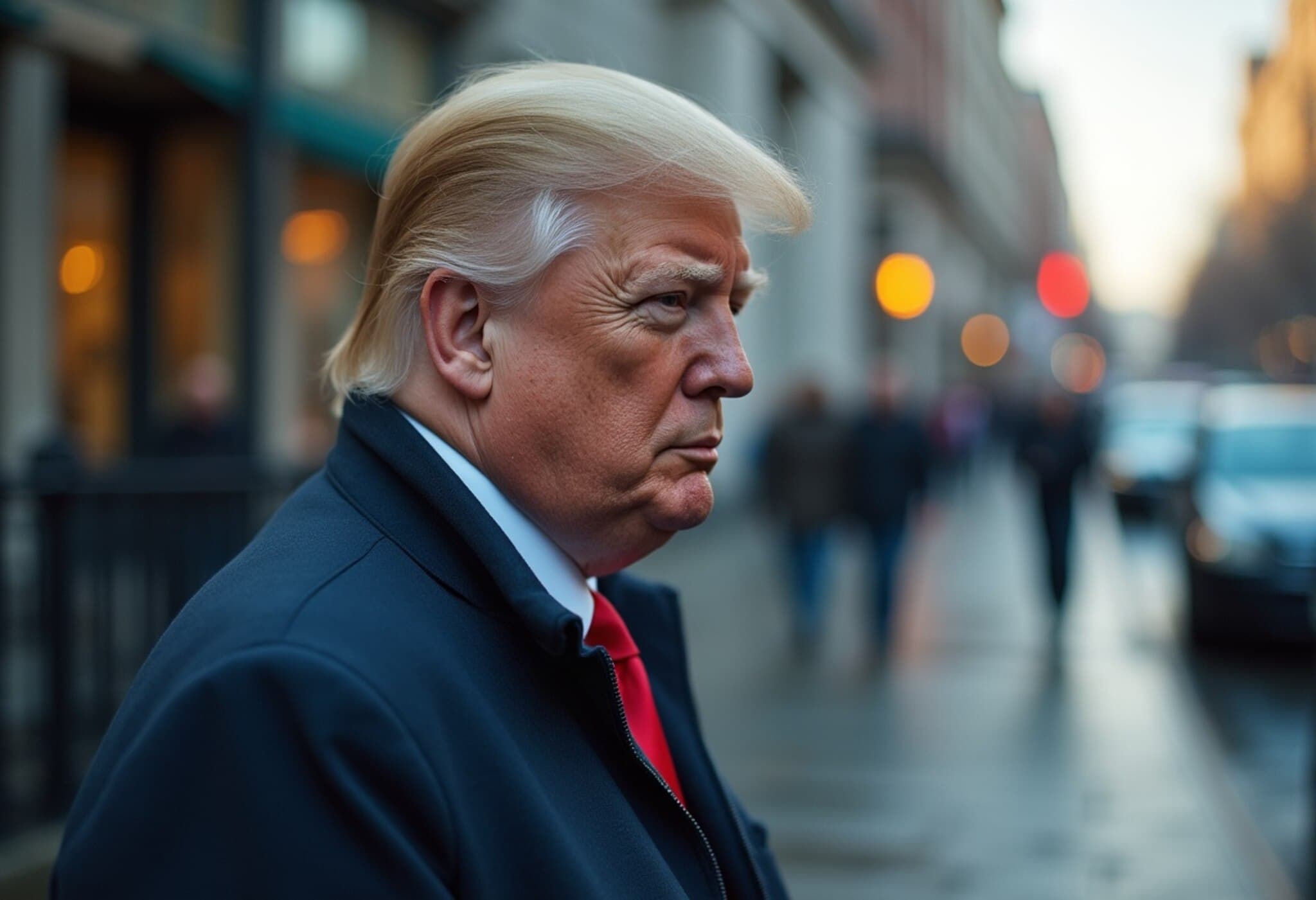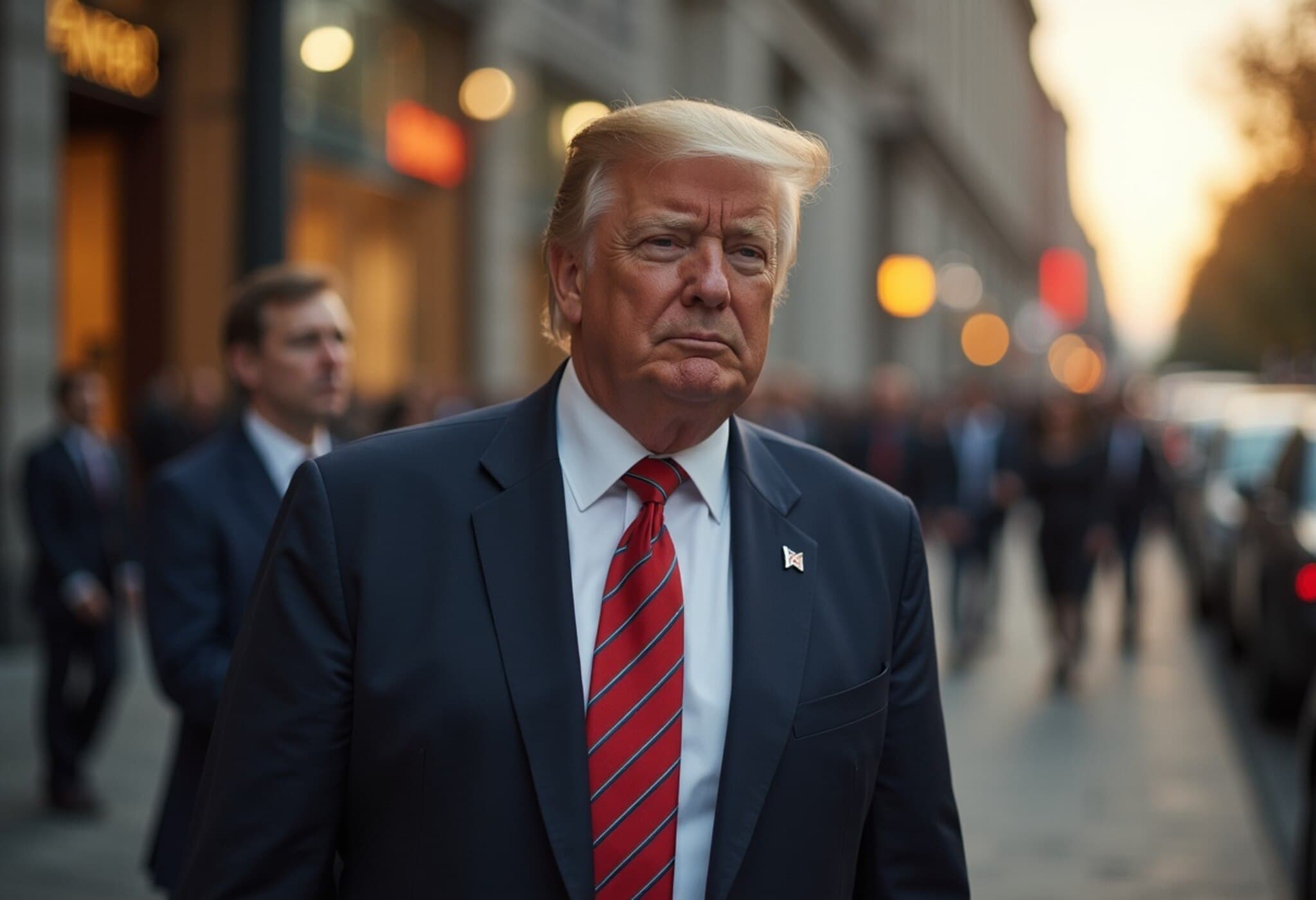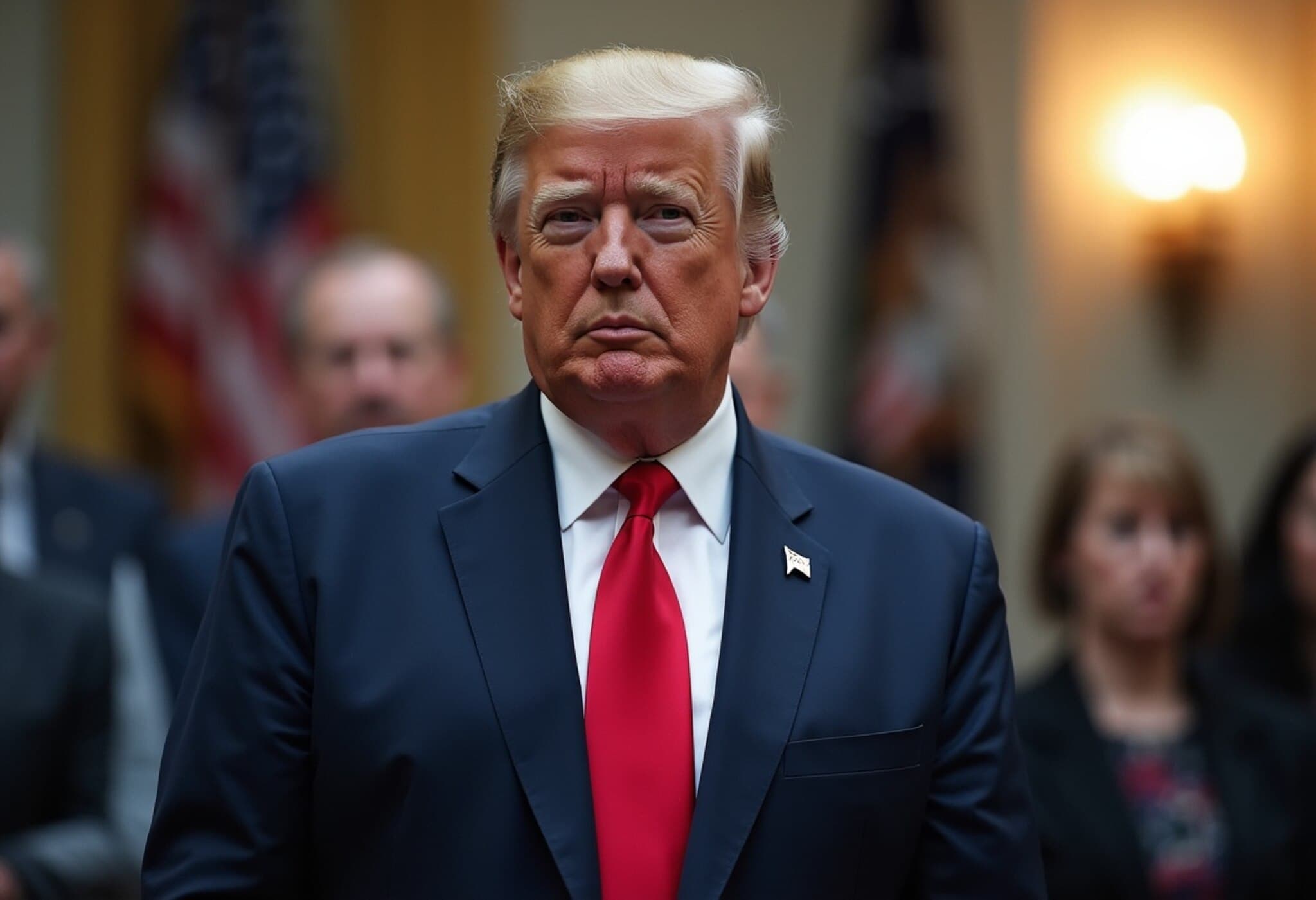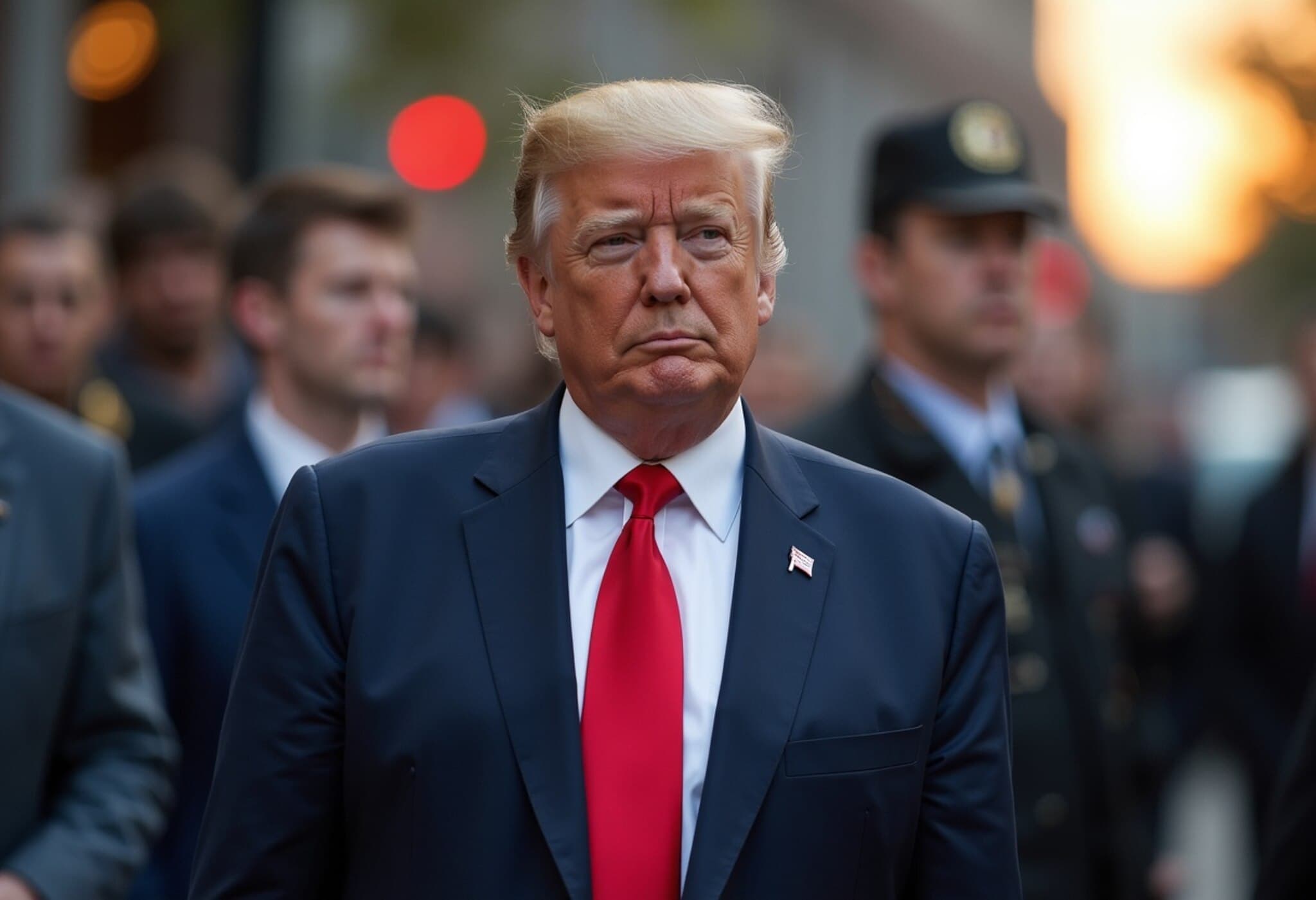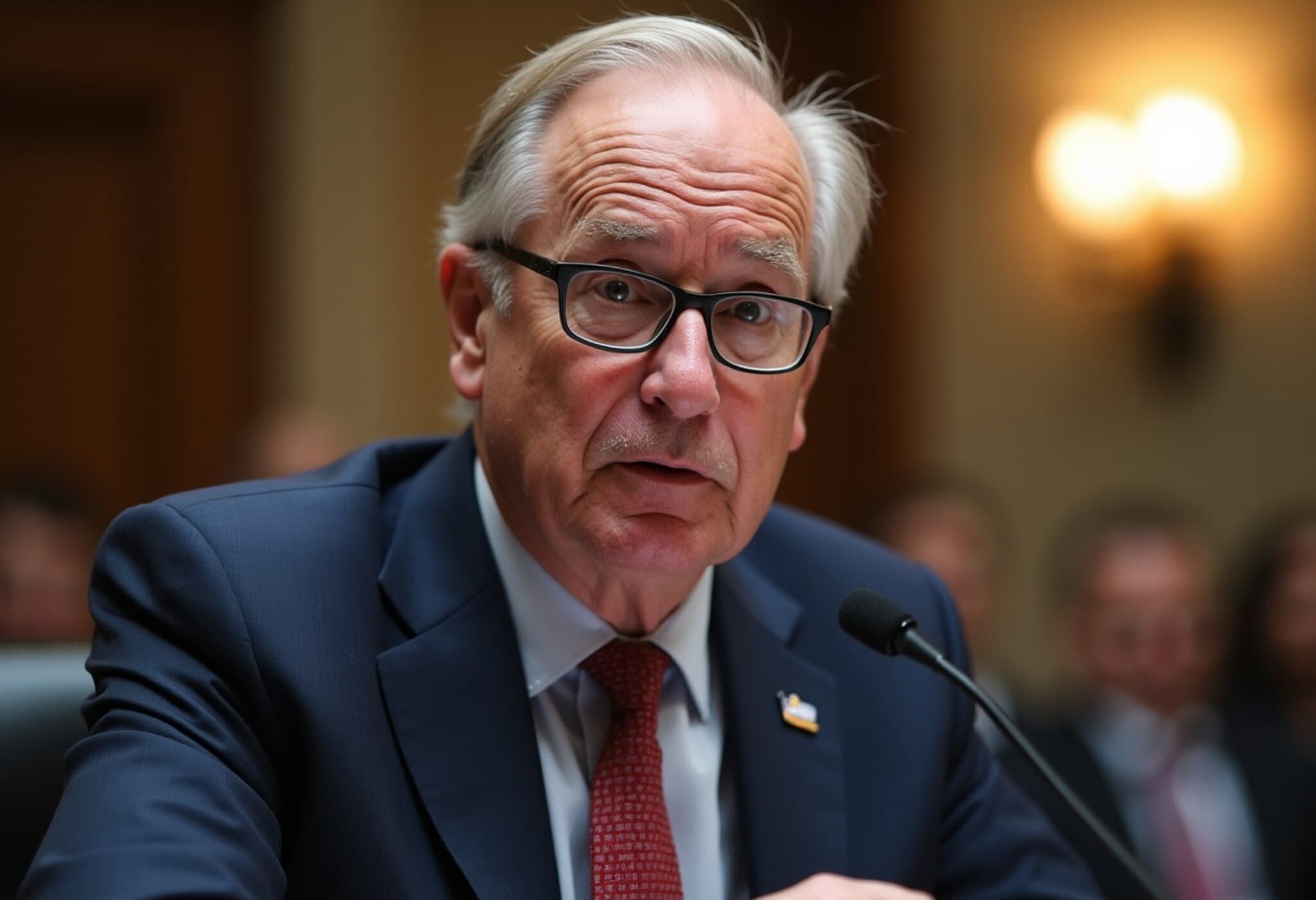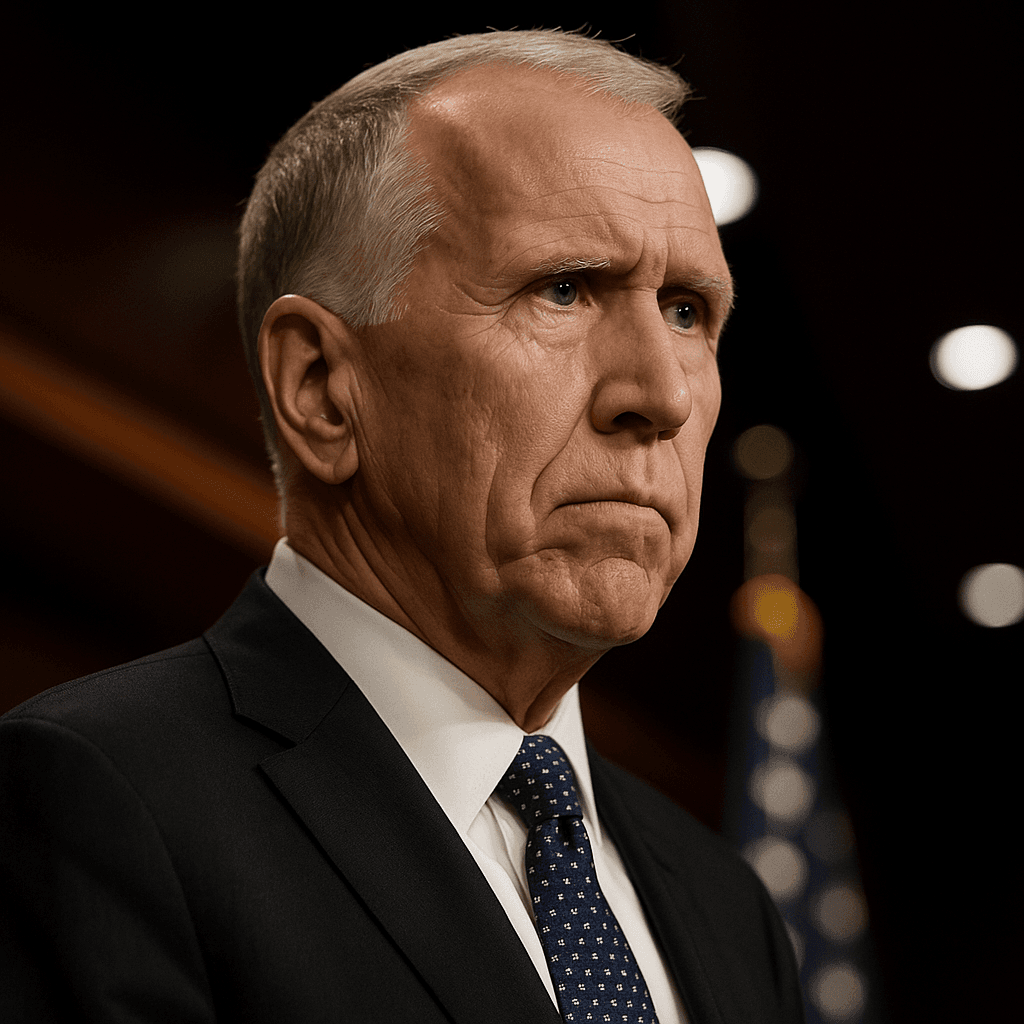Senator Mike Lee Pulls Back on Federal Public Land Sale Proposal
Utah’s Senator Mike Lee has officially withdrawn his contentious amendment that proposed selling federal public lands to states and private buyers for housing developments. This provision was part of a broader legislative effort dubbed the "Big Beautiful Bill," designed as a signature domestic policy initiative.
Background of the Proposal
Lee’s original plan aimed to mandate the Department of the Interior to sell between 0.25% and 0.5% of all lands managed by the Bureau of Land Management (BLM) across 11 Western states—including Utah—to free up space for new housing projects. The bill, which attracted mixed feelings from GOP lawmakers, sought to boost affordable housing but quickly encountered resistance.
Political and Procedural Hurdles
The proposal faced pushback from within the Republican ranks and from House members concerned about selling public lands. In particular, five House Republicans, including former Interior Secretary Ryan Zinke, warned they would oppose the entire bill if the land sale provision remained. Additionally, a Senate rules enforcer ruled that the land sale measure did not meet the strict requirements for budget reconciliation, which complicated its inclusion.
Because the bill was being pushed through budget reconciliation, it required only a simple majority in the Senate rather than the typical 60 votes. However, all parts of the bill had to pertain to federal budget issues—a test the land sales provision failed.
Lee’s Decision and Statement
Late Saturday, Senator Lee announced he was withdrawing the federal land sales measure. He explained, "Because of the strict constraints of the budget reconciliation process, I was unable to secure clear, enforceable safeguards to guarantee that these lands would be sold only to American families—not to China, not to BlackRock, and not to any foreign interests."
He vowed to continue working on putting underutilized federal lands to better use for American families in a manner that respects public land legacies and user values.
Public Outcry and Conservative Opposition
Despite being a Republican, Mike Lee’s proposal also ignited unexpected opposition from within conservative circles, especially hunters, anglers, and outdoor advocates who typically champion public land protection.
Notable Republican voices like Cameron Hanes, an avid hunter and influencer with over 1.7 million followers, openly criticized the plan to sell millions of acres of public land. He emphasized that even as a Trump supporter, such a land sale was unacceptable.
Ryan Zinke and other Republicans echoed these concerns, arguing that while federal land management needs reform, selling vast tracts was not the answer. They stressed that affordable housing demands were on a smaller scale than millions of acres of land sales.
The Cultural Importance of Public Lands
The resistance highlights the deep cultural and recreational ties many Westerners have with public lands, which serve as hunting grounds, hiking trails, and vital wildlife habitats. Many have rallied through social media campaigns to urge lawmakers to keep public lands protected and publicly accessible.
Outdoor lifestyle companies and organizations have also weighed in, noting a bipartisan willingness among diverse groups to set aside party politics in defense of public lands.
What’s Next for Public Land Policies?
Though Lee has withdrawn the provision, the debate underscores the complexities of managing public lands amid competing desires for conservation, recreation, and economic development.
The Senate parliamentarian has yet to decide if a revised version of the proposal can be included in the broader policy bill. Meanwhile, concerns from House and Senate Republicans continue to shape the discussion, making the future of land sales uncertain.
Senator Lee expressed his commitment to finding a balanced approach that serves families while respecting the heritage of public lands. As this issue unfolds, input from Western stakeholders remains crucial to crafting effective, respectful policies.
Key Takeaways:
- Sen. Mike Lee withdraws federal public land sales from the bigger legislative bill due to budget rules and political opposition.
- The proposal faced opposition from both Republican lawmakers and conservative outdoor enthusiasts.
- Public lands remain a deeply valued resource culturally and economically in Western states.
- The Senate reconciliation process limits what provisions can be included, sidelining non-budgetary measures.
- Discussions about optimizing federal land use continue amid differing views on preservation versus development.
Senator Lee’s withdrawal marks a key moment in the ongoing debate over America's public lands and the best path forward for their stewardship and use.

